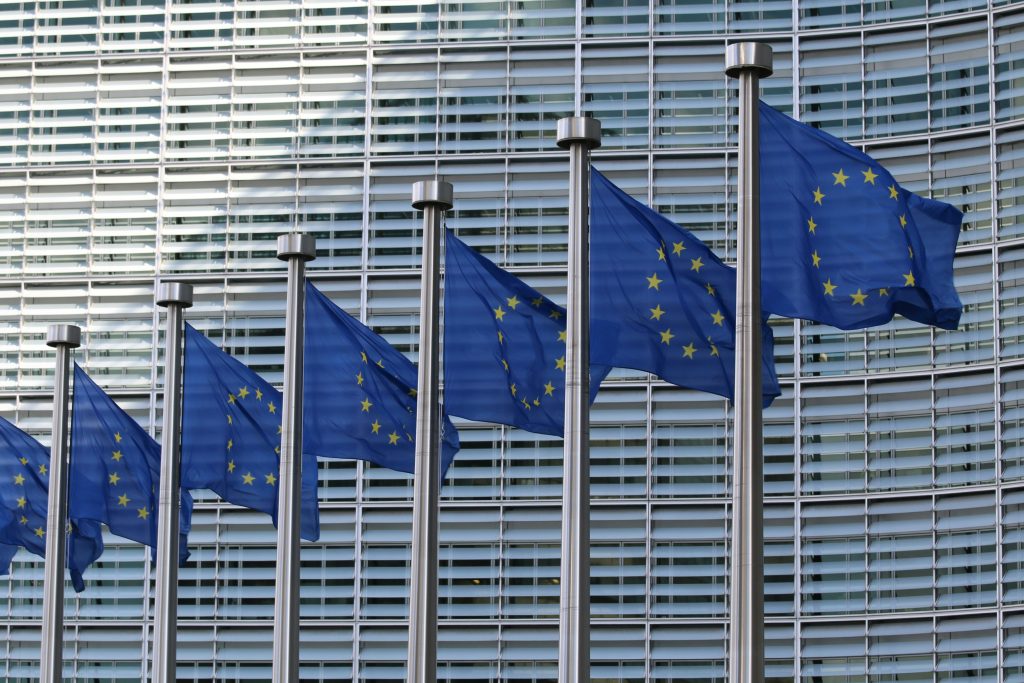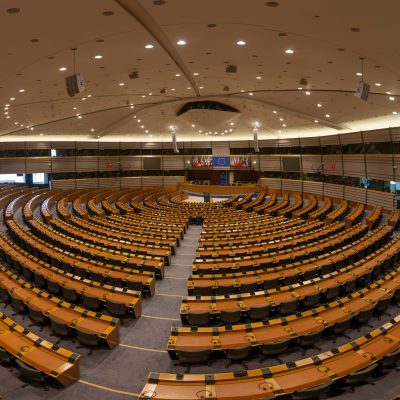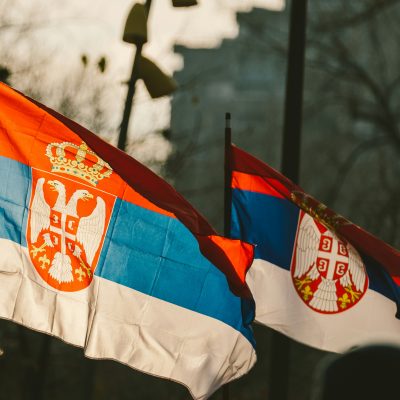The European Political community
Navigating the path to consolidation

The European Political Community (EPC) was established as a platform to seek common responses to new challenges in times of war and to think ahead collectively in Europe. After three summits in Prague, Chisinau, and Granada, the initiative will bring together European leaders for the fourth or fifth times in the United Kingdom and Hungary this year. This will add up to five summits in two years. Even if there are many open questions regarding its institutionalization, budget, and impact, it is the right time to discuss the elements that would contribute to the consolidation of the EPC. To do so, insights gained from previous summits should be analyzed, opening up the way to the geopolitical significance of the upcoming Blenheim Summit, near Oxford. This paper argues that discussions regarding the security of Europe must remain central to the EPC’s agenda, while suggesting that tackling issues like migration and enlargement at a continental level (on top of what is first achieved at the European Union level) is likely to foster stronger strategic bonds among European leaders.





